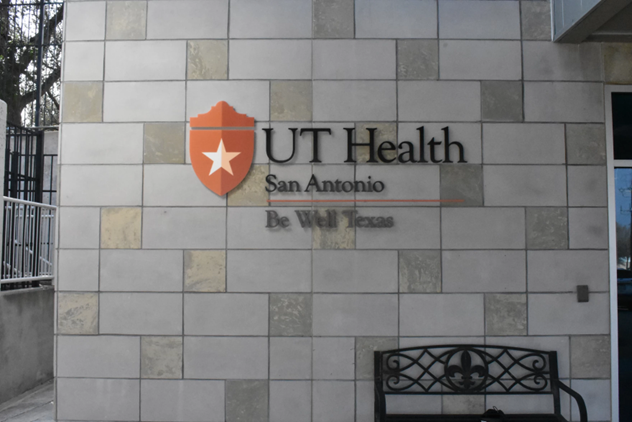Young adults with substance use disorders in Texas will now have an easier path to recovery housing services thanks to vouchers funded by a $3.4 million grant awarded to Be Well Texas, a UT Health San Antonio program.
The 3-year grant from the Texas Health and Human Services Commission will be used to subsidize part of the cost of level 2 and 3 recovery housing services from 16 providers operating 44 homes around the state, including four homes in San Antonio. Those 44 homes contain beds for 440 individuals dealing with substance use disorders.
The recovery levels are established by the National Alliance for Recovery Houses, a nonprofit, where level 1 is the lowest level of care and level 4 is the highest.
Richard Hamner, the program manager of recovery support services for Be Well Texas, explained what level 2 and 3 recovery homes do.
“[Level 2 recovery homes] need managers that are there 24/7,” Hamner said. “Recovery support services have to be available. Level 3, they also have to provide life skill development — life skill classes — they have to have counseling available outside of peer support and recovery support, and generally they’re connected to an intensive outpatient treatment program.”
He added that recovery housing is worth subsidizing because of its proven efficacy in supporting the recovery process, including multiple studies by DePaul University of Oxford Houses, one major sober-living provider.
They found that individuals who stayed in Oxford homes were more likely to have higher incomes, lower incarceration rates, and lower substance use rates compared with those who did not use recovery housing services.
But for Hamner, the proof goes beyond research.
“I stayed in Oxford House for three years, and had I not gotten married, I probably would’ve stayed another year or two,” Hamner said. “That was over 15 years ago now. Where I was at one time, I was in Austin under a bridge.”
He said he’d also served time in prison for a drug-related felony conviction and had a warrant out for his arrest.

“So yeah, a lot to overcome, and sober living, recovery housing, played a big part in that,” Hamner said.
Besides a home manager and recovery support services, Hamner said a big part of the success of recovery homes is the personal responsibility that comes with them. Residents have their own chores and roles in the house, and they act to support and hold one another accountable to those tasks with the knowledge of the shared struggle they all face.
In addition to the four homes in San Antonio, three of which are for men and one of which is for women, there are 12 homes in the Houston area, 11 in the Dallas-Fort Worth area, four in Austin, and a few homes each in Lubbock, El Paso, and Midland that will be available for subsidized living.
The voucher will pay for three to four months all on its own, but residents can provide a portion of the rent themselves to stretch out their time. They can also apply for a new voucher when they run out if funding is still available.
Hamner said the level 3 housing vouchers are worth $6,800 and the level 2 housing vouchers are worth $4,500. Rent varies from house to house, but goes up as the level of care does, ranging from around $800 to $1,500 per month.
The goal is that over time, individuals will move from higher care and higher rent level 3 or 4 homes down to lower care and lower rent homes at level 1 or 2 as their recovery process goes on. At level 1 Oxford Houses, rent can run around $500 or $600 per month, making it affordable for long-term stays.
“We’re subsidizing the higher level of care, and then as they’re working then they can kind of support themselves,” Hamner said. “At the same time, now they’re able to develop those life skills — saving and budgeting, and doing those types of things, now they’re really setting themselves up to be successful.”
Though Hamner said the initial idea behind the grant was to stand up new homes, it ended up being more cost effective to plug into the pre-existing recovery housing provider field and pay for those providers to get nationally certified so they could subsidize stays in their locations.
For more information about the recovery housing subsidies, contact Be Well Texas at 888-852-3935.
